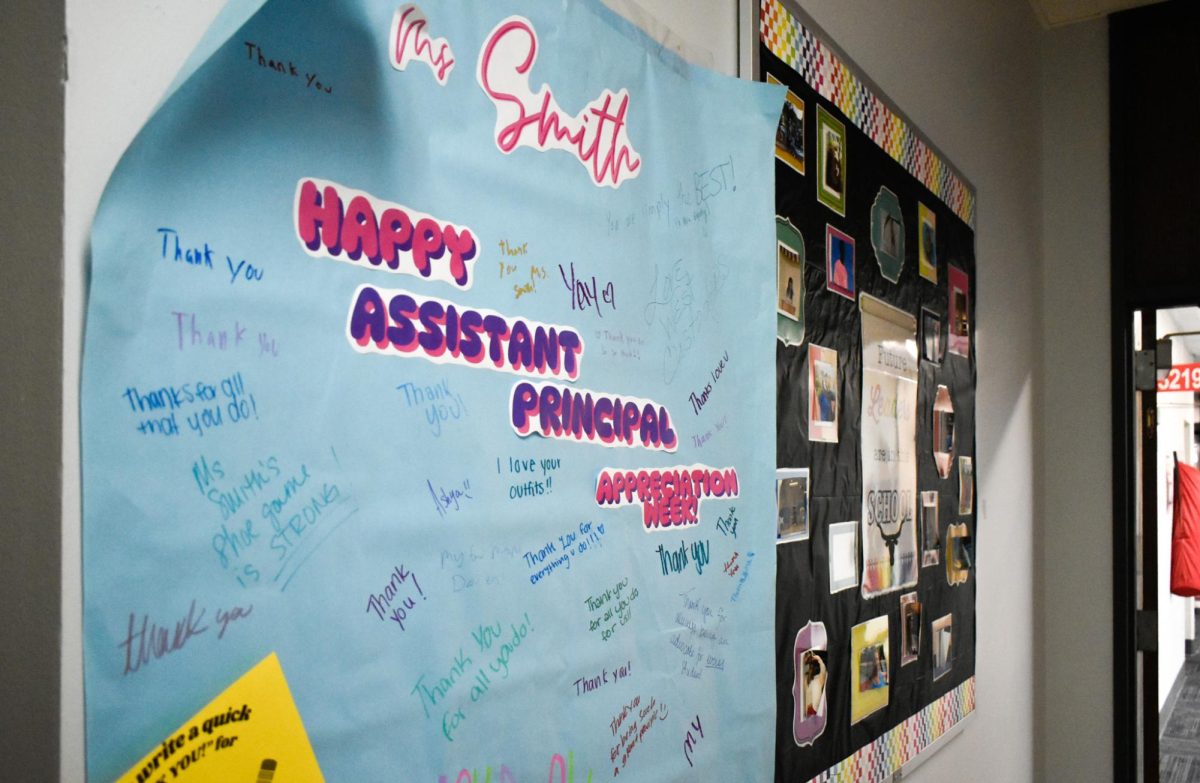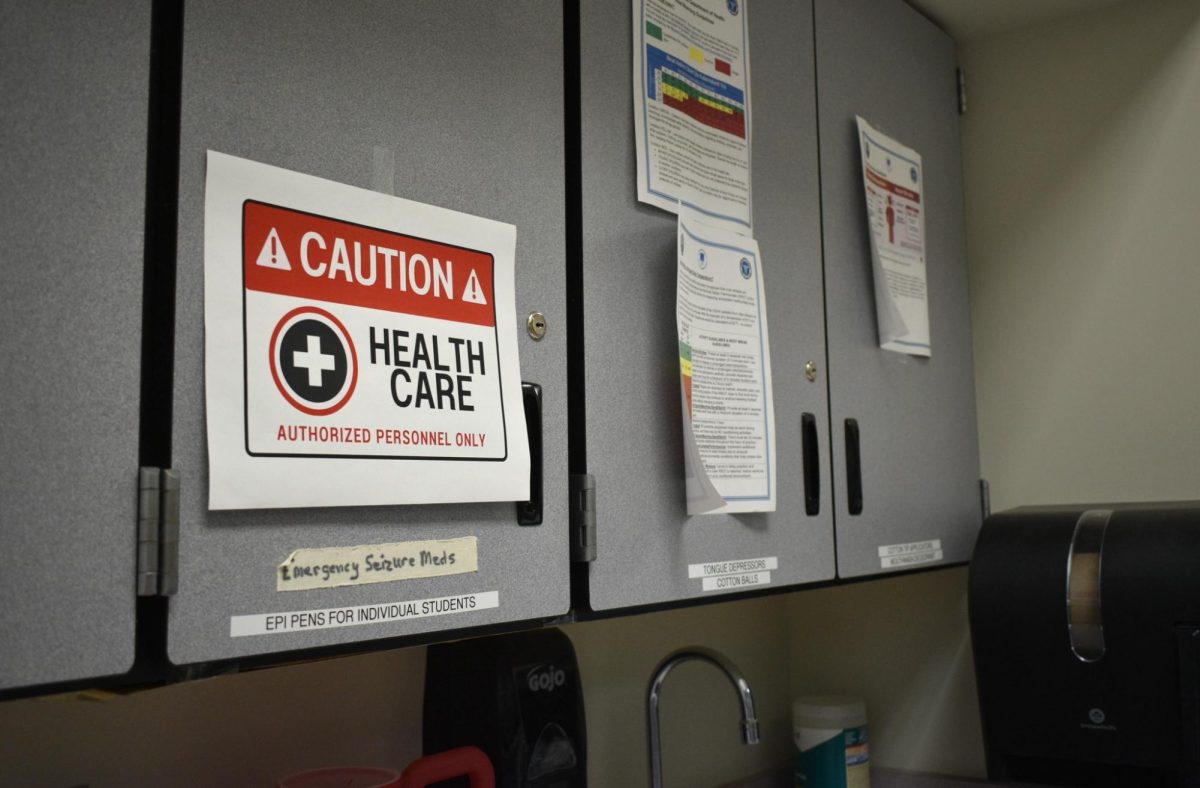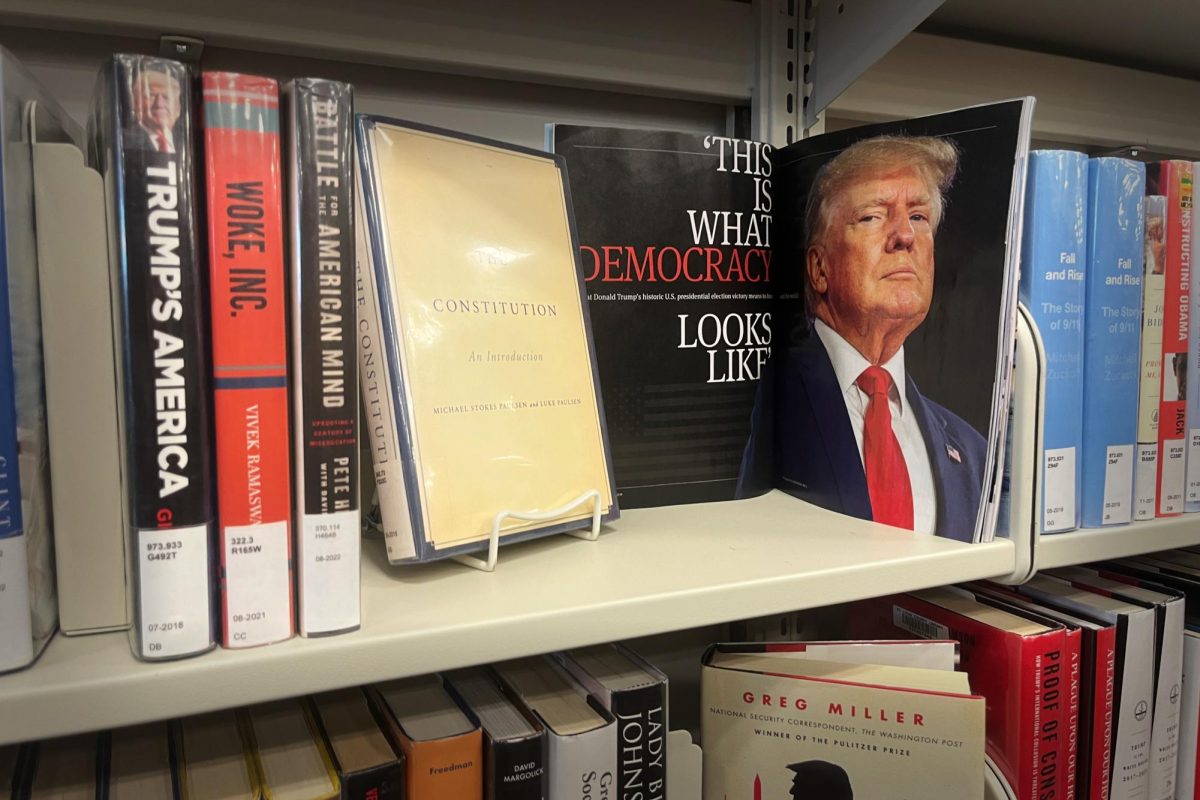The question on everyone’s minds after learning about the latest Parkway policy change: How are we going to replace the gap that Scantrons® leave in our hearts–I mean, educational system? In line with Parkway’s mission and goals, teachers have been utilizing more performance events to test student learning, rather than the archaic blue bubble forms. The rise of these alternative assessments, often online, prompted Parkway to back out of its contract with the Scantron® corporation to further pursue virtual learning. However, there is an issue with this shift: online learning platforms are far less reliable than good old-fashioned paper.
Parkway is correct in that it is a fiscal nightmare trying to deal with Scantron®. Last year, Parkway was required to pay approximately $11,000 to Scantron®. Regardless of how few forms were purchased, we had to pay out-of-pocket to meet the $11,000 minimum fee for Scantron® to keep loaning us their form-reading machines. But let’s make something clear—Parkway’s replacement plan is not designed to save money, but to funnel it somewhere they deem more responsible.
Since the Scantron contract is not financially beneficial for Parkway, at Pathfinder, we don’t fault them for seeking a new testing method, we just don’t think the replacement is responsible either. Through the Access for Learning Today (ALT) program, Parkway is buying 1,400 students per year $200 HP Chromebooks–a conservative estimate–for their own personal use (hint: that’s around $298,102 per year). That cost doesn’t even factor in repair, maintenance and replacement costs for the Chromebooks that are misused or become outdated with time. While supplying Chromebooks for every student in the district will be popular among students themselves, it doesn’t make financial sense for a district that is supposedly so concerned about the money.
Starting next school year, ALT will roll out to one additional grade per year. By 2021, the district says, every student will have a Chromebook to help further their learning. However, Scantron® use will be discontinued for the 2018-2019 school year, with virtual testing being fully implemented in 2019-2020. Did Parkway just forget about the two years of high schoolers that they leave stranded in a plugged-in world without the technology to participate in it? It’s a gaping hole in the plan that will affect upwards of 3,200 people, and we cannot fully stand by Parkway until it is addressed.
Now, flashback to the spring of 2017, when there was a day in which some work on Clayton Road disabled power and internet access to West High. After two and a half periods of sitting in the dark, students were dismissed and sent home. The scene was reminiscent of Lord of the Flies; productivity in the classroom was nonexistent and chaos slowly unraveled. If this incident were to be repeated in an institution that stores all of its assignments, grades and records in a virtual cloud, the school would grind to a screeching halt. Parkway’s backup power system could only support essentials for a few hours, and that’s not enough to hold up a virtual district during an unexpected event. With the information the district has given out and with the current strength of our backups, this plan isn’t a prudent one.
In addition to the concern of power outages, Parkway’s WiFi is notoriously spotty. Students recently went two weeks with BYOD completely disabled, and the connection on the secure network gets slow at peak times, and the efficiency of trying to work in Google Drive drops to zero. With the way things are right now, life goes on when BYOD is down, and we can find alternative ways to do our work if the secure network is too slow to be practical; if the district goes digital, we will all go down with our WiFi—frequently and with mockery. No internet connection will ever be perfect, no matter how much we try to make it so.
The age of Scantron® is ending, but the dawn of a new era cannot come overnight. The issues with Parkway’s technological stability must be addressed before we can reasonably consider becoming Chromebook-based, but Parkway seems to be blazing ahead in spite of the holes in their plan. Ultimately, higher technology is not a godsend, and our education will not magically improve if we have a screen in front of us rather than a pencil.


![Leaning on the podium, superintendent Melissa Schneider speaks to Parkway journalism students during a press conference. Schneider joined Parkway in July after working in the Thompson School District in Colorado. “My plan [to bond with students] is to get things on my calendar as much as possible. For example, being in [classes] is very special to me. I am trying to be opportunistic [meeting] kids [and] being in [the school] buildings. I have all the sports schedules and the fine arts schedules on my calendar, so that when I'm available, I can get to them,” Schneider said.](https://pwestpathfinder.com/wp-content/uploads/2025/09/IMG_5425-1200x943.jpeg)


![Red, white and blue, the American flag holds the values of our democracy. The fight that we once endured has returned, as student journalists and senior correspondents across the country are losing their voices due to government control. “[Are] the White House and [the] government limiting free speech [and] freedom of the press? Yes [they are],” chief communications officer of the Parkway School District and former journalist Elisa Tomich said.](https://pwestpathfinder.com/wp-content/uploads/2025/03/Untitled-design-14.jpg)
![A board in the Parkway West counseling department displays pennants of selective universities. With a wide range of students interested in attending, it’s important that these schools have clear priorities when deciding who to admit. “[Washington University] had the major that I wanted, psychology, philosophy, neuroscience. That's a holistic study of the brain, and [WashU is] the only college in the world that offers that. That's the main reason I wanted to go; I got into that program,” senior Dima Layth said.](https://pwestpathfinder.com/wp-content/uploads/2025/02/Flag-1.png)

![Within the U.S., the busiest shopping period of the year is Cyber Week, the time from Thanksgiving through Black Friday and Cyber Monday. This year, shoppers spent $13.3 billion on Cyber Monday, which is a 7.3% year-over-year increase from 2023. “When I was younger, I would always be out with my mom getting Christmas gifts or just shopping in general. Now, as she has gotten older, I've noticed [that almost] every day, I'll open the front door and there's three packages that my mom has ordered. Part of that is she just doesn't always have the time to go to a store for 30 minutes to an hour, but the other part is when she gets bored, she has easy access to [shopping],” junior Grace Garetson said.](https://pwestpathfinder.com/wp-content/uploads/2024/12/DSC_0249.JPG-1200x801.jpg)

![Senior Sally Peters stands in the history hallway, contemplating her choices in the 2024 United States and Missouri elections on Nov. 5. As a member of Diplomacy Club, Peters has discussed key candidates and issues in contemporary American politics. “[As students], we're starting to become adults. We're realizing how much the policies that are enforced and the laws that make it through the House and Senate are starting to affect us. [Opportunities such as] AP [U.S.Government] and Diplomacy Club [make elections feel] a lot more real,” Diplomacy Club vice president and senior Nidhisha Pejathaya said.](https://pwestpathfinder.com/wp-content/uploads/2024/10/Flag-1-1.png)
![Mounting school pressure can leave many students overworked and overstressed. Schools must give students the necessary resources to help assuage student mental health issues and prevent the development of serious crises. “The biggest thing [schools] can do [to protect student mental health] is offer more time [to do work], like a study hall, or offer more support from teachers so that students don't feel stressed out and can get help in areas that they need,” senior Bhavya Gupta said.](https://pwestpathfinder.com/wp-content/uploads/2024/09/unnamed-4.jpg)

